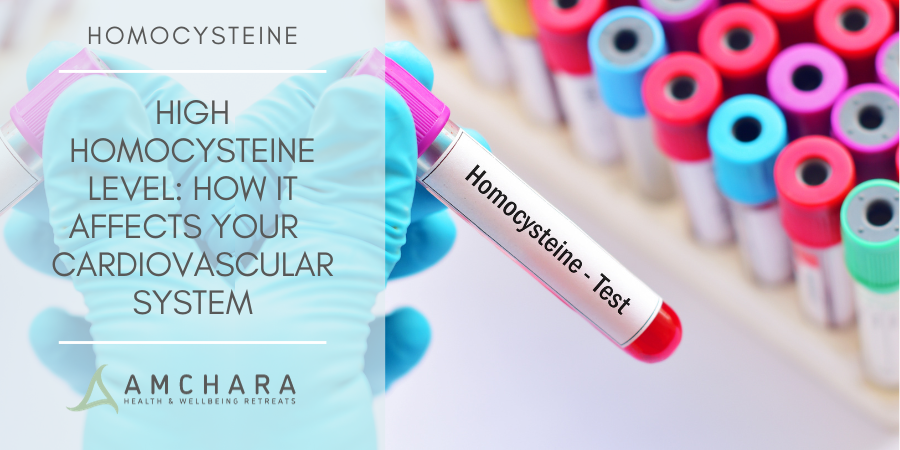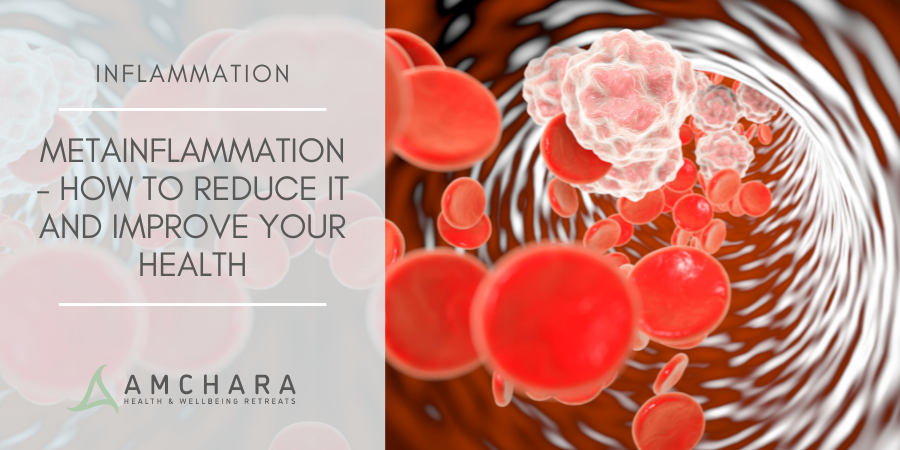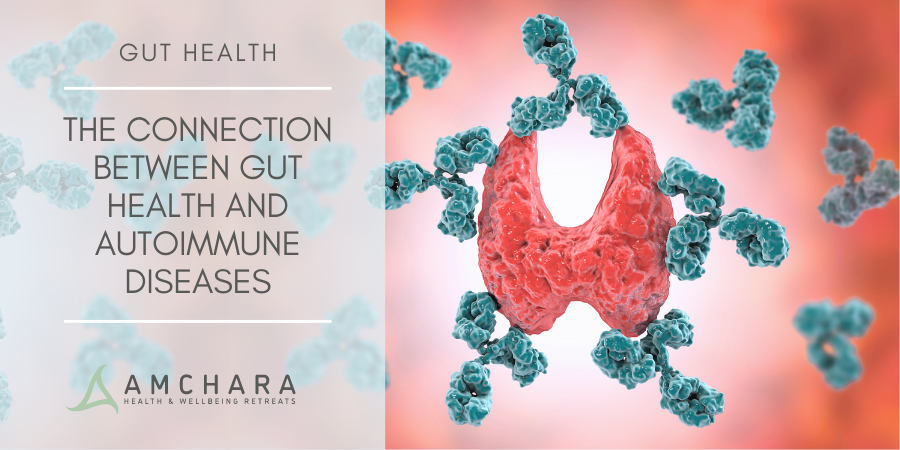We are awash with media alerts about the dangers of cardiovascular disease, in particular the dire consequences of not reducing our cholesterol levels.
However there are many other risk factors associated with heart disease, including obesity, stress, smoking and high blood pressure.
What is not so commonly known is that elevated homocysteine levels also create an additional risk that is associated with coronary heart disease.
Homocysteine may not be a word that’s ever come under your heart health radar, but is a subject worth knowing about if you’re interested in keeping your cardiovascular system functioning well.
As with most biochemical reactions in the body the way homocysteine is produced is a little complex.
However, understanding the mechanisms that take place may help you to reconsider your future diet and lifestyle choices and minimise your chances of a heart attack or stroke.
So what is homocysteine?
Homocysteine is an intermediate amino acid synthesised as part of a metabolic process in the body called methylation.
This key biological function uses methyl groups to produce methionine.
Methyl groups are essential in our diet.
The heart and blood vessels are all dependent on methyl groups to function normally.
Dietary sources of the methyl groups in order of importance are betaine, choline, methionine, vitamin B6 and folic acid.
These can be found in a range of foods, including: prawns, turkey, salmon, lamb, eggs, fish, cheese, lentils, wheat germ, peanuts, avocado, spinach and kidney beans.
What happens during methylation?
The methyl groups combine with homocysteine in the body to form methionine.
This is then turned into S-adenosylmethionine (SAMe).
After SAMe has donated its methyl group, it becomes S-adenosyl homocysteine, which breaks down into the toxic amino acid homocysteine.
Sufficient methyl groups are needed to transform the homocysteine back into methionine, otherwise, the homocysteine levels in the body rise.
Elevated homocysteine levels are thought to irritate the lining of the blood vessels, creating scars and causing them to harden and narrow.
This puts extra pressure on the heart and subsequently leads to a higher risk of coronary heart disease.
High levels of homocysteine can also contribute to increased blood clotting, resulting in strokes and cardiac attacks.
Some studies suggest that homocysteine is a better predictor of heart problems than cholesterol, smoking or blood pressure.
The body is not able to synthesise methyl groups and needs a constant source of foods that contain enough methyl groups in order to maintain the cycle – keeping levels of SAMe up and the levels of homocysteine down.
To obtain sufficient methyl groups, the diet should include the foods listed above. If these foods are not readily available supplementation with vitamin B6, B12, Folic acid or TMG (tri-methyl glycine) reduces the concentration of homocysteine in the bloodstream.
Why is homocysteine so damaging?
It is thought that homocysteine degrades and inhibits the formation of the three main structural components of the artery – elastin, collagen and proteoglycans.
In addition homocysteine permanently degrades lysine amino acid residues in proteins and the cysteine disulphide bridges, which, over a period of time, affects the function and structure.
Overall, it can be said that homocysteine has a corrosive effect on long-living proteins, such as collagen and elastin, and on the life-long proteins, i.e. fibrillin.
However according to studies, it seems that reducing homocysteine can be useful for prevention of coronary heart disease rather than being of benefit to those with existing heart conditions.
How to tell if your homocysteine levels are high?
Age, gender, diet and hereditary factors affect the levels of homocysteine across different individuals, but it is estimated that 5-10% of the population have levels that are considered high.
A simple blood test can determine your homocysteine levels.
Measurements of 12 mmol/L are considered normal and levels below 10mmol/L are more desirable.
While cholesterol testing is fairly standard, homocysteine tests are not and many GPs are unaware of them.
Private companies do offer this service though.
Keeping an eye on your homocysteine levels and maintaining a diet rich in methyl donors, whether through food or supplementation, seems the logical answer to ensuring you maintain a healthy heart into old age.
For those of you with poor eating habits, dietary restrictions or compromised digestion, supplementing with a good vitamin B complex and TMG may offer added peace of mind.
Related topics of interest:
- New study: Paleo diet lowers risk of cardiovascular disease
- Natural tips for acid reflux and heartburn
- Warning! Energy Drinks Alter Your Heartbeat!
REFERENCES
- Holford P& McDonald F (1998). Say no to heart disease. Piatkus Books: UK.
- Law M, Morris JK & Wald DS. Homocysteine and cardiovascular disease: evidence on causality from a meta-analysis BMJ 2002; 325:1202.




